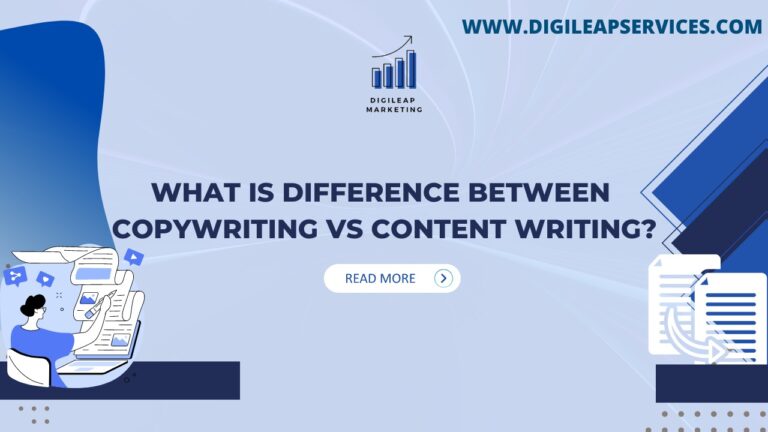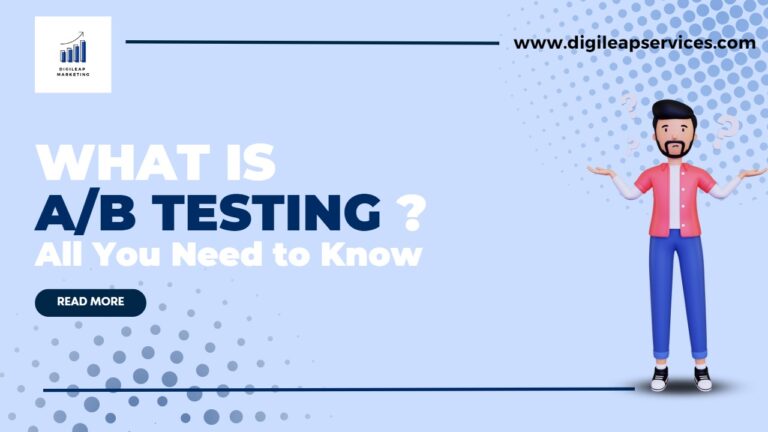Ultimate Guide on cookies
When you hear the word cookies, the first thing that might pop up in your mind is the delicious cookies and the aroma of them. But here I am not talking about those cookies. Cookies here mean the internet cookies, which pop up on the websites when you visit them. This blog will surely help you for your queries over internet cookies as it Ultimate Guide of cookies.
Let’s discuss cookies in detail and then, maybe you’ll even get to eat some soon.
Have you ever noticed many websites display “this site uses cookies” and usually requires consent in order to proceed forward, and without reading you just agree and skip to the main content of the website. Right?
Well, I know I am guilty of this, because who has the time to read those long information paragraphs when you can simply agree to it and never get disturbed by it.
Well, that’s not how things work. There is a whole dynamic behind the concept of cookies.
Let’s get to know that…
What are cookies?
The internet cookie is usually referred to as HTTP cookie. These are small text files which store small pieces of information. They are created by the websites when you use the website and are stored on your computer. Cookies are limited to stored 4kb of data in size, thus they can store very little information or small amounts of it.
The data stored is usually the tracking information, which helps the website to perform tasks, such as managing a session id when you sign in.
Now let’s get to know what these cookies do?
Cookies may not seem important, but they are. They play an essential role when it comes to browsing the internet and in making browsing more convenient for you. Every time you visit a website, they send some information to your computer and this information helps the website know your activity on site, your visits etc. this information is then stored in your web browser and then are later accessed when you revisit the website.
For example, let’s say the website asks you to choose a language on a multilingual website, so the website may store your preference and whenever you visit the website again, it will not ask you to choose the language again instead you will see the content in the same selected website.
There are tons of cookies stored in your web browser, but since they’re tiny, you shouldn’t worry about them using up too much space. You must clear your cookies directly from your browser.
The cookies store your digits and letters, the webmasters you tool to track activity of internet users. So you must always know which cookies to accept and which not to accept. Instead of accepting all blindly, know what you are getting yourself into, or delete the available cookies. Even though cookies are pretty much safe, and would not affect your computer malware, you never know where the information may land and in which hands.
The virtual spies often collect your information and then develop marketing strategies which benefit them since they already know you and your activity and can develop much more targeted campaigns.
Cookies help the marketers to develop targeted marketing campaigns and understand its audience in a better manner.
There are three types of cookies each have a different purpose and tracks different activities:
Session cookies
Session cookies are also called as temporary cookies, they are created for a single session and they vanish once you exit the browser. These are first party cookies and they can’t be disabled. The government websites and online banks typically use these cookies. The cookies expire as soon as you exit the browser.
This prevents malicious users from visiting those websites and later using your saved data.
Permanent cookies
These are the cookies which don’t expire after you exit the browser. They are also known as tracking cookies or even persistent cookies. These have a specific expiration date set by the website and remain valid until then.
Permanent cookies are really helpful even to the users since they keep the user information and don’t require you to login in again and again. This can be a real lifesaver. Though yes, the “remember me” feature on websites is handy, but it’s not exactly safe in terms of security.
Third-party cookies
Third-party cookies are the marketing cookies. These are embedded by the third-party websites. For example, the advertisements that are displayed on the websites are usually by a third party.
These third-party cookies are meant for extracting information about the users. This information is collected so that the users receive more relevant ads. The information may include queries, interests, behaviors, etc.
Conclusion
So this was all about the internet cookies. I hope you must have understood the value of cookies and why they are important. They can be helpful if you know the correct use of it. Deleting cookies is one of the major parts of understanding cookies. I hope now when you hear cookies you do not just think about the delicious cookies, instead think about the internet cookies as well.
Get more information about digital marketing and develop strategies for your brand only through Digileap marketing services.












